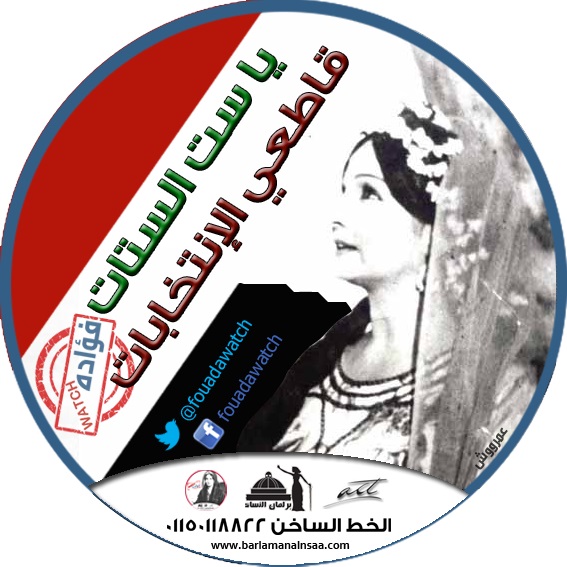A new electoral coalition, named the “Leftist Alliance”, was formed, including the Al-Tagammu, the Socialist Popular Alliance, the Communist, and the Socialist Parties.
It said Tuesday that it would soon announce their programme for the elections.
According to Magdy Sharabia, Secretary-General of the Al-Tagammu Party, the alliance will target individual parliamentary seats, which exceed 400 seats. “Our party will have 40 members competing for those seats,” he told Daily News Egypt Tuesday.
On the other hand, nearly 120 parliamentary seats will be elected through the closed-list system, for which political parties formed electoral alliances. Concerning Al-Tagammu’s current stance, Sharabia began by stating that “nothing has been finalised yet”.
He claimed the party was not coordinating on parliamentary seats with rivals, but that party members joined and could join some electoral lists. “What we care about now is to avoid having two party members competing against each other on the same electoral district due to being part of separate electoral lists,” Sharabia said.
The party was one of the political forces that switched positions several times when electoral alliances were formed. It started by joining the National Front Coalition in August 2014, along with liberal parties like the National Movement, the Conference Party founded by Amr Moussa, and Al-Ghad.
Nonetheless, by December, Al-Tagammu, Al-Ghad, and the Conference Parties withdrew from the alliance, in the first signs of a shift in the political scene from focusing on political parties to aiming for independent politicians who were potentially successful candidates.
Then in February, Al-Taggammu, the Conference and Al-Ghad Parties later joined the Al-Wafd Party, forming a new union. Sharabia seemed aware that such deals were just for the elections, and that inside the parliament, candidates who were once allies will conflict with each other.
“We will follow a programme supported by the leftist current and that is why we will conflict with liberal parties on matters of the public sector, labour, and so on,” Sharabia stated as an illustration.
Al-Tagammu’s example has been followed by other political parties. Al-Wafd, one of the most renowned and oldest parties in Egypt, led by El-Sayed El-Badawi, has been losing allies, after failing to group political parties under its umbrella.
Moreover, formerly announced electoral lists, such as Sahwet Misr and Fi Hob Misr, have become unstable, while Wehdet Misr has stepped in. Each of those includes independent politicians and party members, competing for seats allocated to closed-lists.
At first, the ‘political’ movement was limited to political parties joining and leaving electoral coalitions. Because political parties lack popularity in the streets, and as they realised their weakness in front of former MPs running, parties began taking independent candidates in.
Candidates have been shifting from one electoral alliance to another, and more independent candidates started joining parties. Meanwhile, political parties have been deeply affected by internal crises.
According to a recently issued report by the Regional Center for Strategic Studies (RCSS), Al-Wafd’s conflicts decreased their popular support, and a minor similar issue inside the Free Egyptians’ Party caused several of its senior members to shift affiliations.
Also, the former head of the Conference Party resigned to take the leadership of Al-Horriya Party. RCSS observed that the only party that has remained ‘stable’ was the Salafist Al-Nour Party, representing political Islam.



